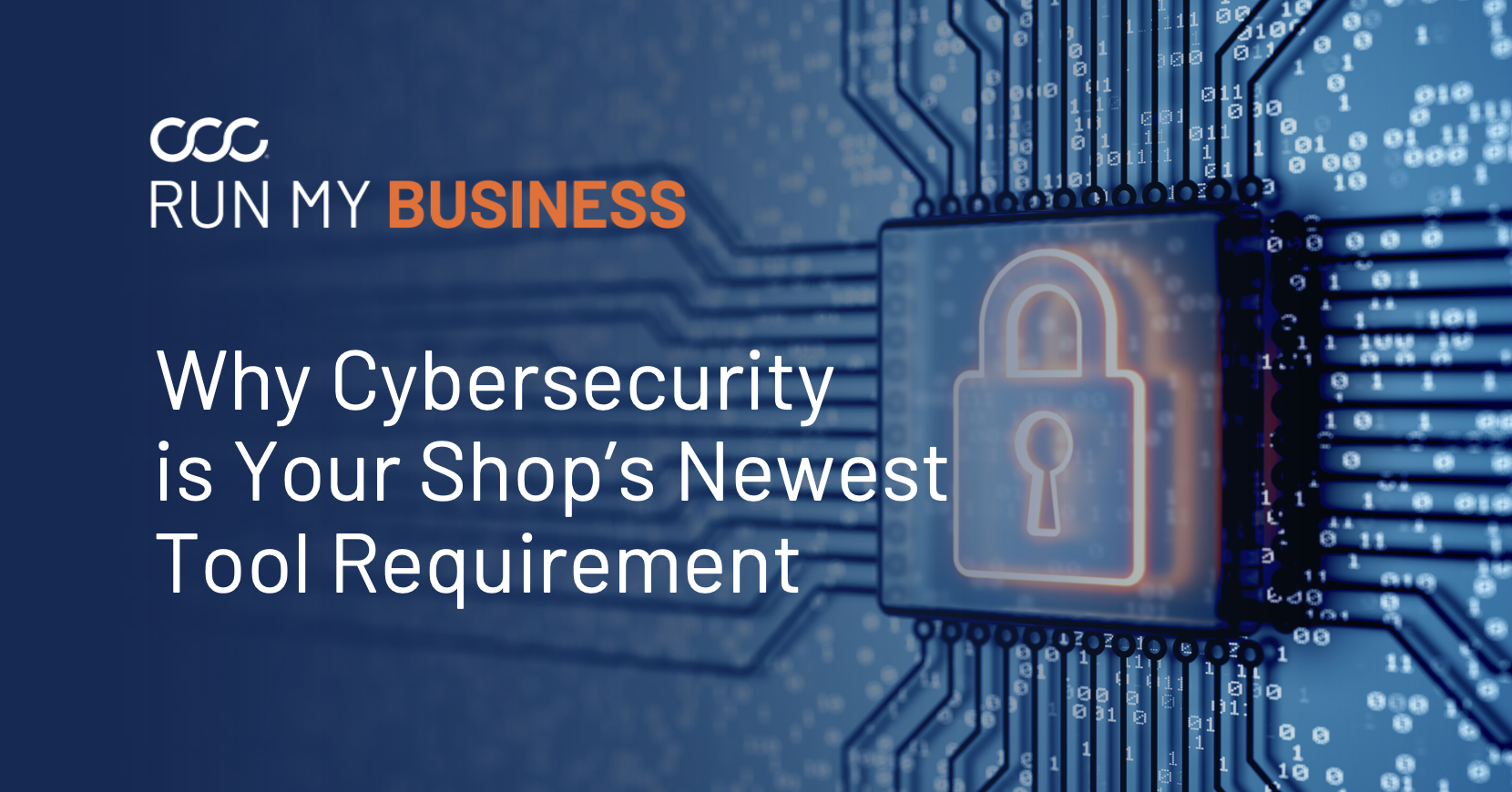
By Nathan Potance – VP, Mobility
There's a shop just two blocks away from you. Walk three blocks the other way – there's another. You all offer similar services and are competing for the same customers. So, why should someone choose your shop?
Cars today are more complex than ever – and not just electric ones. After over 20 years in the industry, I've seen vehicles evolve into computers on wheels. Not every shop can handle that level of complexity. Whether they're driving a brand new SUV or a 2011 sedan with 94,000 miles on it, they're becoming more selective, looking for shops that can repair their car properly. That's where OEM certifications make a difference.
The Expansion of OEM Certifications
Original Equipment Manufacturer (OEM) certifications started in the early 2000s with luxury OEMs aiming to provide safe, high-quality repairs. As vehicles have become more complex, more OEMs have adopted certification programs to help shops keep pace with evolving technology, repair requirements, and training.
By aligning your shop with OEM standards, you're not only improving repair techniques but also building trust with customers and insurers. OEM certification promotes a culture of consistency and accountability, where every technician follows the same approved methods. In a recent CCC survey, a shop’s OEM certifications significantly increased their confidence in the shop’s quality and reliability. That trust can be the deciding factor when a customer is choosing between you and the shop down the street.
Even if your shop already has the right tools, certification maximizes their potential—guided by the latest repair protocols and backed by ongoing training. The result? More efficient workflows, fewer reworks, and better outcomes for your customers.
Should You Be OEM Certified?
It’s no secret that OEM certifications are an investment in time, training, and equipment. But for many shops, it’s an investment that pays off in the long-term in credibility, customer trust, and operational excellence. Here’s what you should consider when thinking about OEM certification:
- Common Vehicles in Your Area: Know which vehicle brands are most common in your area – it helps you choose the right OEM certifications. Focusing on popular brands makes your shop stand out, builds trust, and brings in loyal, repeat customers. It also makes sure your investment in certification pays off by matching what local drivers actually need. In fact, some OEMs will also highlight their certified shops on their own website, which can drive business to your shop.
- Future-Proofing Your Business: OEM programs often outline what equipment, layout, and workflow you need, showing where to invest. Instead of seeing these as obstacles, think of them as a guide to improve your shop and follow industry best practices. They can serve as a roadmap to help your business grow and run more efficiently.
- Talent Attraction and Retention: With the ongoing tech shortage, it’s more important than ever to attract and keep skilled workers. OEM certification shows your shop is serious about quality, training, and staying current. Technicians are more likely to join – and stay –at a shop that invests in their growth with training, modern tools, and the chance to work on the latest vehicles. Certification also helps build a culture that values skill and career development.
If you're looking to grow your business, stand out from the competition, and build long-term trust with customers and insurers, OEM certification may be the right path forward. This badge can be leveraged on your website and your Carwise profile to market your shop and showcase your dedication to excellence. It’s more than a badge – it's a commitment to quality, consistency, and staying ahead in an industry that’s evolving faster than ever.
Want to explore the broader impact of certification? Our latest white paper offers a deeper look at the potential benefits and ROI.
Still unsure if OEM certification is right for your shop? Fill out this form to connect with us.







